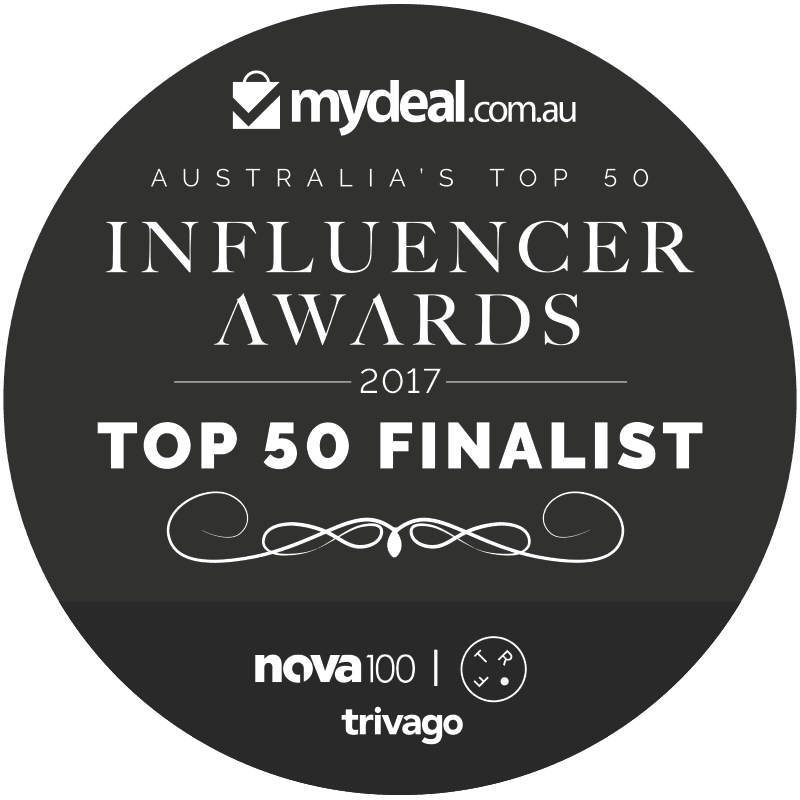Thought about starting a blog? The longer you wait, the further you’ll fall behind, personally and professionally.
I started writing online content in 2000 out of necessity. As a newly elected local government councillor, I felt having a blog/website was the most effective way to connect with constituents in the Fairfield Council area. It was a pragmatic decision, and one that has had a profound effect on my personal and professional development.
Back in those days, I used MS Frontpage, a clumsy program to create and maintain a website. Through trial and error, I learnt the basics of building a blog – home page, html, hyperlink were foreign terms that eventually became familiar concepts.
After I retired from council in 2009, I took up food blogging – 1,128 posts later, I started to learn more about the world of publishing online content. Along the way I picked up photography and video skills including digital photo and video editing. I slowly developed a better understanding of writing for online and why it’s important to learn.

I launched into the world of blogging for functional reasons, not realising the endless benefits I’d reap. I’ve been asked to contribute opinion pieces, gained paid writing and speaking gigs, been invited on overseas trips, been engaged as a brand ambassador and become a generally more sought after employee.
The regular blogging routine stimulates and educates. Each week the benefits accumulate like time moving on, even though you don’t notice the hands moving on an analogue clock. My partner is a published author, and he says publishers always encourage authors and aspiring authors to blog.
More and more people are blogging for professional and personal development. If you’re not, you’re falling behind…

Looking back almost two decades of blogging, it’s easy to identify at least five really important lessons I’ve learnt from blogging:
- The art of writing online content: online readers are promiscuous. If your copy doesn’t grab them from the first paragraph, if the lead visual isn’t engaging (or if you have no visuals), they’ll click to another blog. I’ve learnt so much about key elements of online publishing; writing an intriguing headline, concise copy, creating evocative visuals and developing an editorial calendar – that’s just the beginning, I’m still learning. And then there’s the technology side, learning blogging software such as blogger, WordPress, Medium etc, setting up domain names like noodlies.com or thangngo.com. These days I know exactly what hardware and software works best for my needs – my blogging laptop of choice is the Lenovo X1 Carbon – you won’t find a better keyboard, and my blogging software is WordPress.
- Social media: how do you use social to connect with existing readers and attract new ones? What are the key social media channels, twitter, facebook, instagram, tumblr etc. What are their strengths? Which one is right for you? Should I be on one or all? How to use social media to research content? What are the emerging social media channels?
- Blogging can help you build influence: say “social media influencer” and most people screw up their face, they think of shallow, camera hogging, attention seeking guys and gals. The influence I’m talking about is slightly different. Over the years, my blog has played a role in bringing the issues I’m passionate about to the forefront. When I started, ethnic ma-and-pa restaurants in the west were ignored by other bloggers and food critics. As my blog grew in popularity, it helped to showcase delicious and affordable diverse food and culture. It’s allowed me to go on national TV and write for food magazines about pork rolls and write about pho for leading print publications. Building your blog will also build your influence on your expert topic.
- Blogging builds your brand: smart business people often “google” you before meeting you for the first time, HR people google prospective employees. Your blog and social media posts help you to control your image and project a positive impression of you before they even meet you. Or putting it another way, a blog is your business card. People’s first impression of you could very well be via your blog content. When an employer is choosing between two highly qualified candidates, the one with a blog, and is smart and active on social media is usually the one hired.
- Blogging makes you a better employee: “Do not abdicate your social media to “experts” who have a hundred followers, tweet once a month, and charge you more than the GNP of a small nation for their services. A good rule of thumb is never to take the advice of someone who has fewer followers than you” says Guy Kawasaki. The lessons I’ve learnt about online content and social media over the years have been amazingly useful in my ‘day time’ work at a marketing agency. And yes, it’s helped me to spot bullsh*t when it comes to social media or digital strategy.
Almost two decades of blogging have been invaluable in my personal and professional development. I think of it as doing a Masters degree by course work in my spare time. I reckon it’s given me an unfair professional advantage.
If you’re not blogging, you’re falling behind.
Want to learn blogging?
Save yourself months of trial and error and learn the basics of blogging. My Blogging your Interest course at Writing NSW will cover everything you need to know to start your own blog on any topic.
If you have any questions at all, get in touch, I’d love to help if I can.






